Many changes so must have "strategy" to review for exams early
This year's high school graduation exam is the first exam under the new program with many important changes. Many students have had a "strategy" to prepare well in advance, dividing the review process into stages.
Chu Thi Nga (grade 12, Viet Bac High School, Thai Nguyen ) said that she did not wait until the final year of high school, she started her exam preparation journey in the middle of grade 11.
With the goal of being admitted to the National Economics University, the female student determined that the main subjects included math, literature, and English, so from the beginning, she oriented herself towards block D, taking advantage of the summer to study some important topics in advance, especially math and English.
According to Nga, starting early helps her avoid pressure later on, and gives her time to adjust her learning method if she feels it is not effective.
In parallel with studying at school, Nga also actively participates in online classes and registers for mock exams to gradually get used to the diverse testing environment.
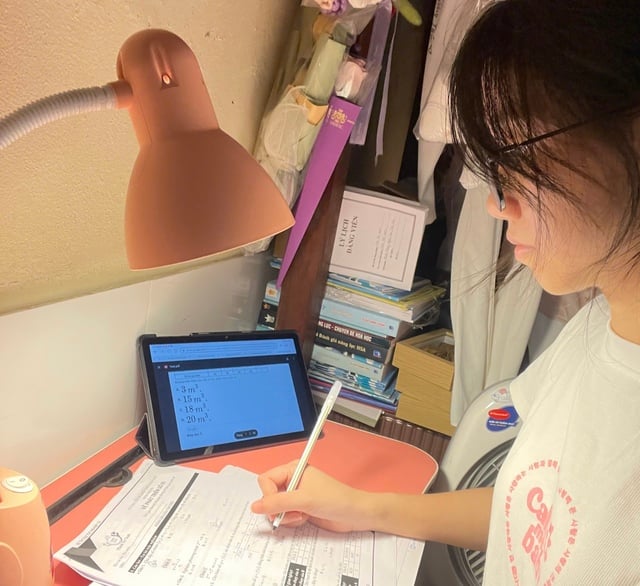
Chu Thi Nga said because this year's high school graduation exam has many changes, she must have a "strategy" to review early.
PHOTO: NVCC
Entering the second semester of grade 12, Nga moved on to the topic review phase. She divided each week into specific knowledge groups, combined with taking tests to measure her progress.
"During this period, I started practicing the questions but in a selective way. For math, I focused on solving application and high-level application problems. For literature, I studied by analyzing open questions, not memorizing but learning how to think. I did not read sample essays but tried to write them myself, and learned from each revision."
In the last two months before the exam, Nga entered the "sprint" phase with a clear review strategy: practicing comprehensive test questions at the exact time of the real exam, self-scoring and recording mistakes to review later.
Nga also said that since the beginning of June, she has reduced her study intensity to avoid exhaustion. Instead, she studies lightly, maintains a positive mindset, sleeps on time and eats nutritious food. For Nga, maintaining good health and spirit is the key to success during the days of "passing the gate of heaven".
However, Nga also shared: "This year has many innovations, from the curriculum to the exam and admission methods. I still feel nervous, not knowing if I have reviewed the right focus."
No more guessing about essay topics to "cram" or memorize
For many students in group D, especially those who are inclined towards logical thinking like Nga, literature used to be a difficult "obstacle" to overcome. However, with the new exam orientation, the language materials are no longer taken from textbooks, I see an opportunity.
"As a student of natural sciences, I think that the essay topics not in the textbooks are extremely objective. There is no longer the phenomenon of rote learning and rote understanding, but each student must express their own feelings, without overlapping with anyone else," Nga shared.
No longer limited to textbooks, this year's literature exam is considered a strong shift ineducational thinking, forcing students to learn literature through experience and personal perspective, instead of repeating stereotyped sentences.
For Nguyen Thi Minh Chuyen, a 12th grader at Bac Giang High School for the Gifted, this change is "both a challenge and an opportunity." The challenge lies in the fact that students cannot just memorize or copy ideas from teachers like before.
Sharing: "Learning literature now is not just about fixed words in books, but the breath of life. To do the assignment, students must know how to apply practical knowledge, understand life, understand people and most importantly, know how to put real emotions into the writing."
Chuyen also emphasized that learning reading comprehension skills - which most students often take lightly but are actually easy to score points. She practiced regularly by solving reading comprehension questions every week, learning how to analyze text quickly, correctly identifying the requirements of each question to answer the right focus.
Outside of school hours, Minh Chuyen maintains the habit of reading newspapers and updating current news, an important part of his preparation for writing social argumentative essays.
"When raising issues such as school violence, environmental pollution or behavioral culture, if I don't know anything about society, I will write very generally and without depth. I often record impressive stories as examples, and always try to keep my critical thinking sharp."
For Chu Thi Khanh Ly, a 12th grade student at Friendship School 80 (Hanoi), studying and reviewing literature is like a way to train thinking and emotions.
"I learned how to put myself in the problem, then find a way to express it from my own perspective, instead of copying ideas from others," Ly said.
Source: https://thanhnien.vn/si-tu-hoi-hop-buoc-vao-ky-thi-tot-nghiep-thpt-doi-moi-185250625085156056.htm




![[Photo] General Secretary To Lam works with the Standing Committee of Quang Binh and Quang Tri Provincial Party Committees](https://vphoto.vietnam.vn/thumb/1200x675/vietnam/resource/IMAGE/2025/6/25/6acdc70e139d44beaef4133fefbe2c7f)





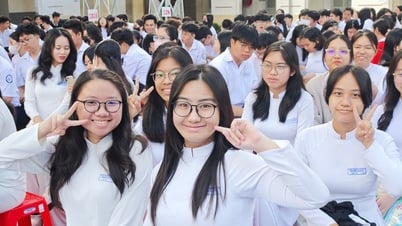


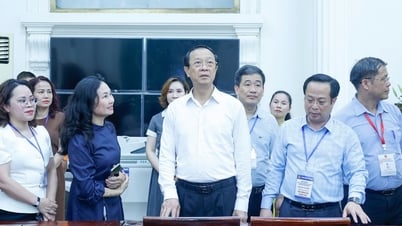


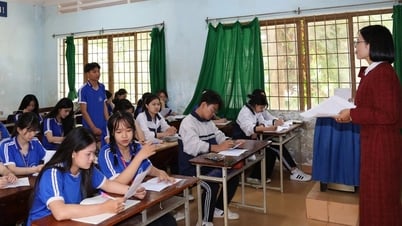
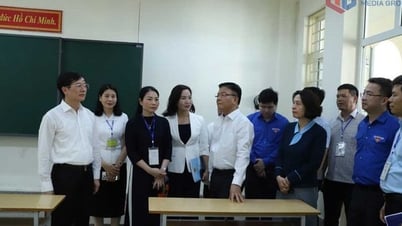












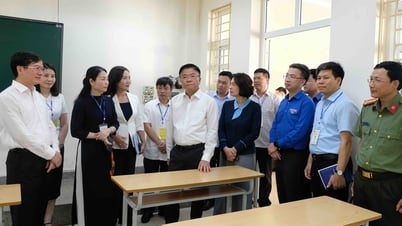



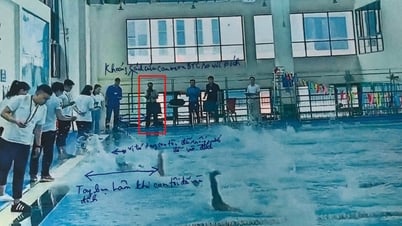





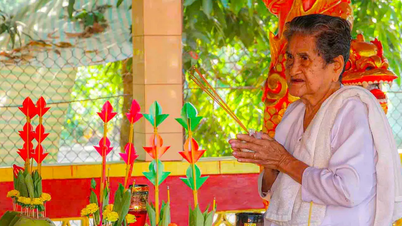

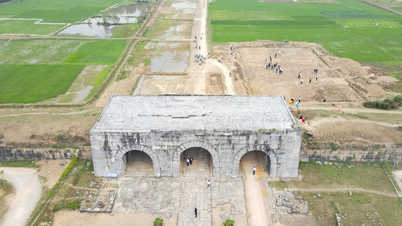


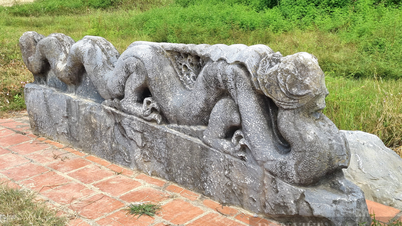


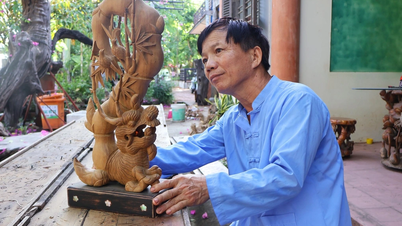







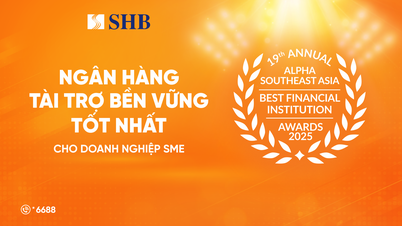






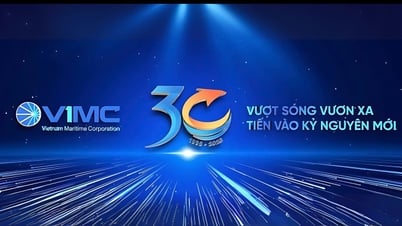

















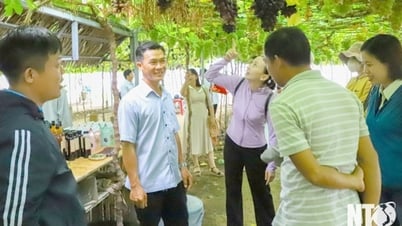
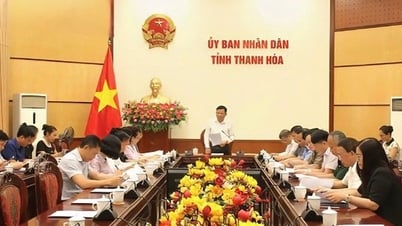


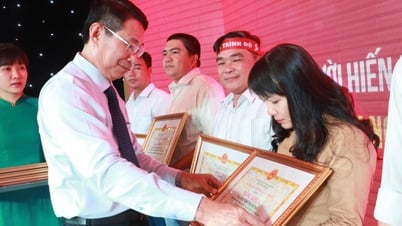

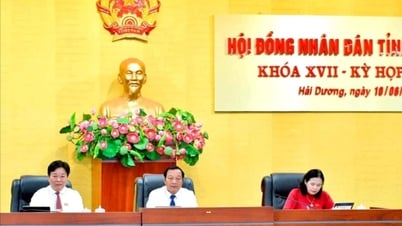



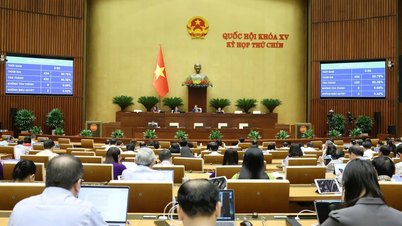






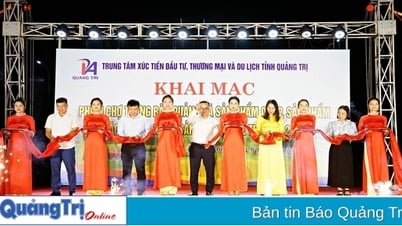











Comment (0)